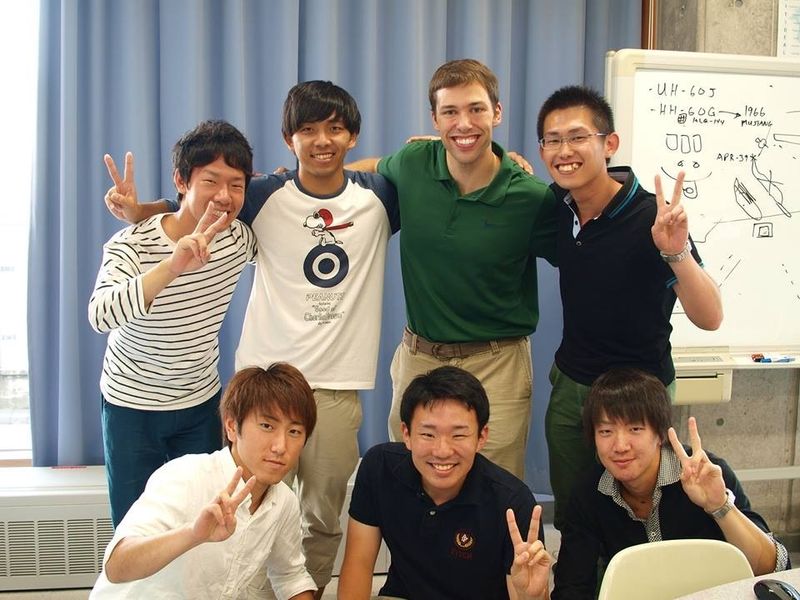Mar 29, 2018
#1 Tip for those working in Japan: Don't try to "out-Japanese" the Japanese
The best advice I received from another expat before starting work in a Japanese office was this: "You'll never out-Japanese the Japanese, so don't try." I didn't quite understand what the person meant at the time, but after a few months, the light came on and I understood.
Anyone who comes from the United States or one of the Commonwealth countries and has worked in Japan knows that things are starkly different between working in Japan and working back home. There are customs and traditions and ways of communicating that are all, well, foreign to us. For many of us, our first instinct is to try to fit in--to learn all of those customs and traditions and aspects of work culture and make them part of our own. Take it from a guy who nearly burned himself out trying to do that: it is an impossible endeavor.
The thing is, because all of it is foreign to you, it's impossible to be able to get everything right. Heck, I've been in Japan for 16 years and I still can't get keigo and kenjogo sorted, let alone the barrage of other socio-cultural nuances associated with Japanese offices.
But that's okay. Unless you're working clerical or manual labor-type tasks, a Japanese company isn't hiring a foreigner to come in and be more Japanese than its Japanese employees. It hired a foreigner for the qualities and traits that foreigners bring. You should look at those things as assets, not liabilities. Certainly, there are things you should learn and adaptations you should pursue, but the list is relatively small.

Here are the things you should learn/adopt:
- Traditions associated with special events such as weddings and funerals. Working in Japan, you will probably be invited to some sort of exceptional event, and there will be certain customs associated with each. Ask a coworker for advice on what to do, the types of gifts/money envelopes to bring, and any other pertinent information. It helps to write it down and keep it handy for the future.
- Proper self-introduction and farewell speech (in Japanese). These don't have to be long (30 seconds to 1.5 minutes is usually more than enough), but in any Japanese workplace, you'll want to have a short speech ready to go for introduction and farewell, since every Japanese office I have ever worked has asked folks to do so.
- Workplace events like enkai. No-mmunication (drinking "nomu" & communication) is an important part of doing business in Japan. Even if you don't drink alcohol, you should not pass up the chance to loosen up with colleagues, bosses, and clients and establish bonds that will help you in your daily business and life here in Japan.
Here are the things NOT to adopt:
- Work hours. Don't kill yourself trying to match your Japanese colleagues' work hours. Be efficient with your time and head home. Trust me when I say that most of your Japanese colleagues will thank you not resent you for it since it opens the door for others to leave earlier, too. Will it hurt your ability to promote? Like I said before, most Japanese companies hire foreigners understanding that they have different work behaviors, and going home at a reasonable hour is one of them.
- Taking vacation. While few Japanese take leave outside of national holidays, you should take you allocated paid vacation. Like going home at a decent hour, taking your vacation sets a different standard for work-life balance that will be appreciated more than resented.
- Communication and Leadership styles. As I mentioned before, use your foreign traits as assets, not liabilities. Japanese office culture may operate a certain way, and while you can't just change everything, you can use your unique qualities to serve as a catalyst or inject new life in projects, operations, etc.

Be respectful to the culture in which you live and work, but remember that you are neither Japanese, nor were you hired to be Japanese. Ultimately, be yourself--that's the best thing you can do for you and for your place of business.
Hitting the books once again as a Ph.D. student in Niigata Prefecture. Although I've lived in Japan many years, life as a student in this country is a first.
Blessed Dad. Lucky Husband. Happy Gaijin (most of the time).



1 Comment
Pau
on Mar 31
thanks :D